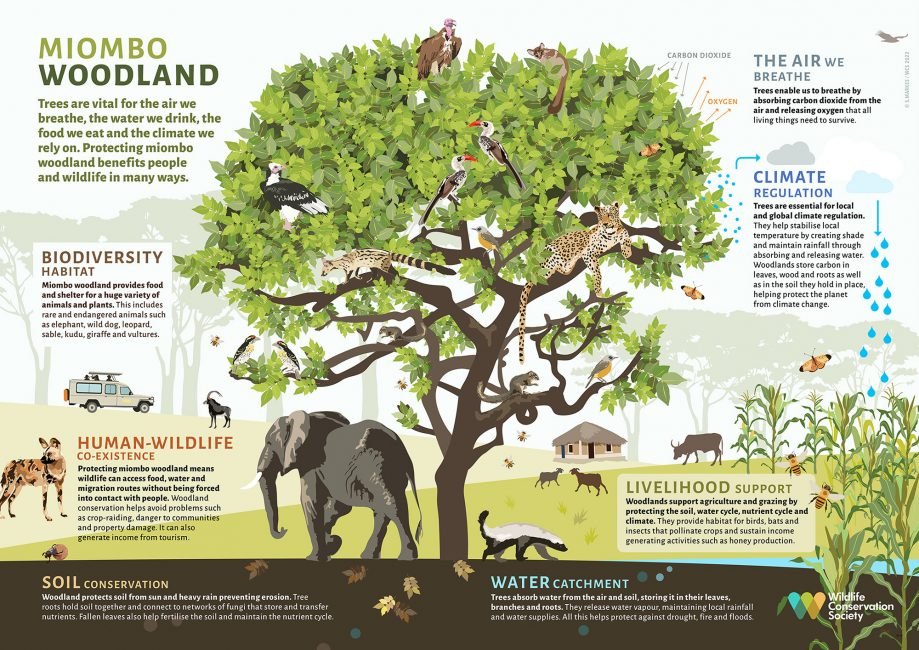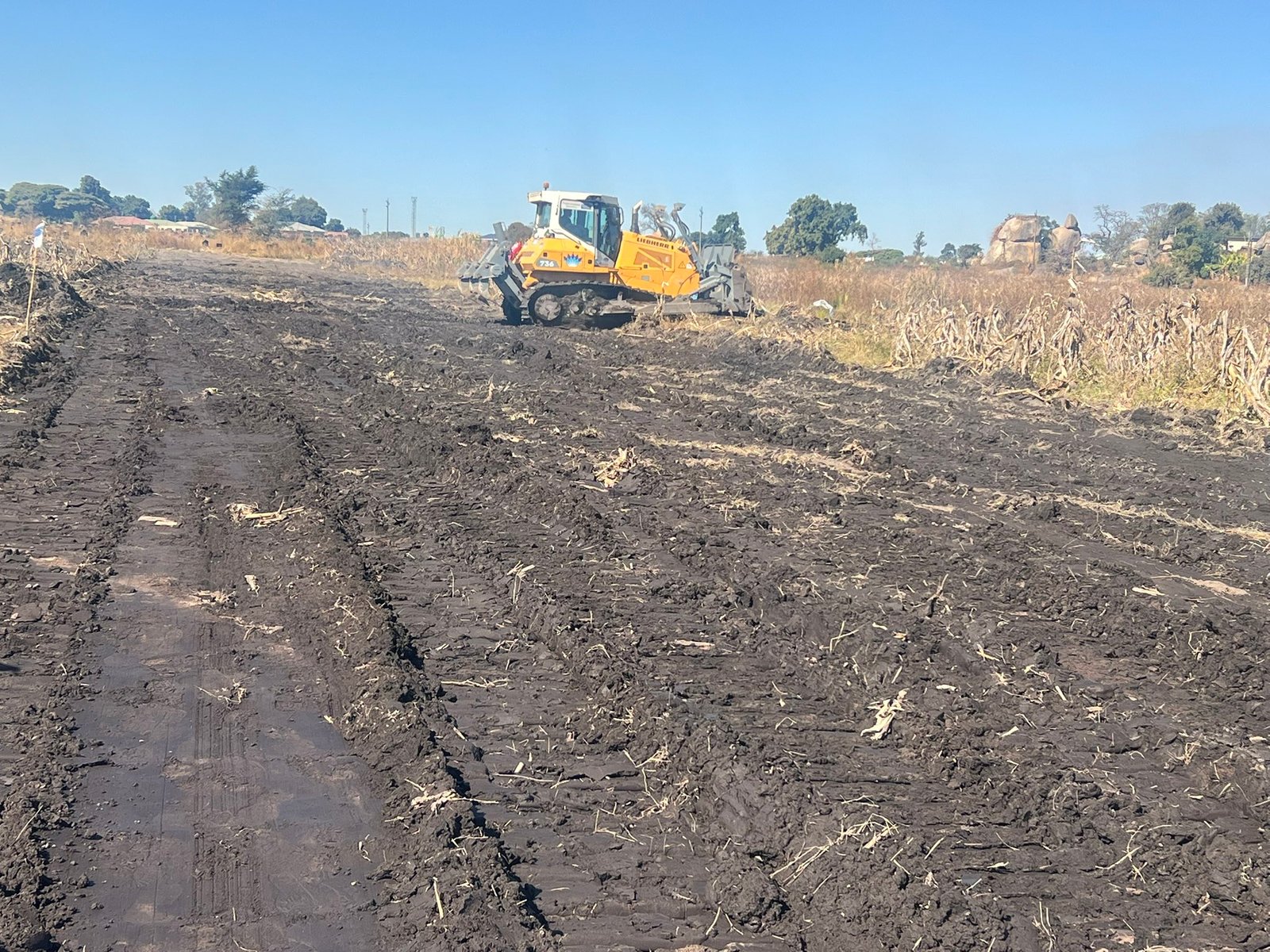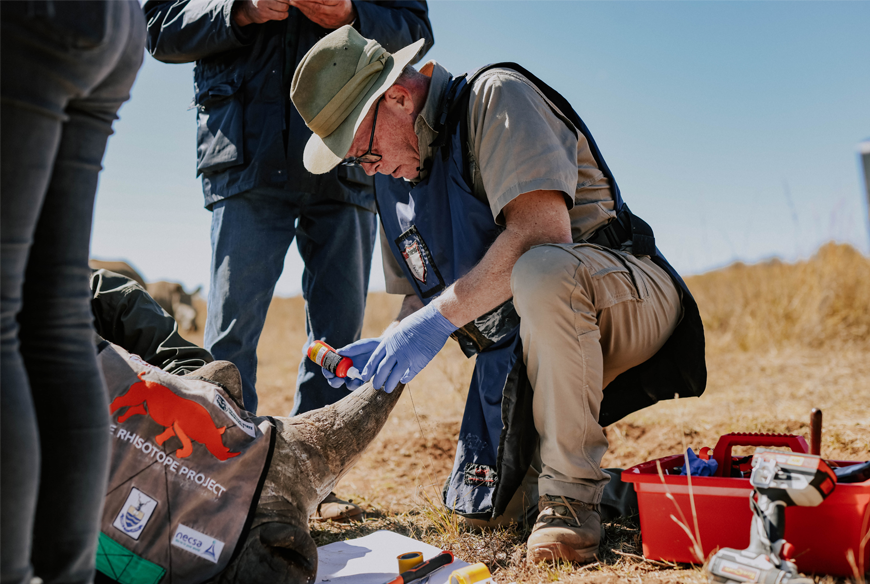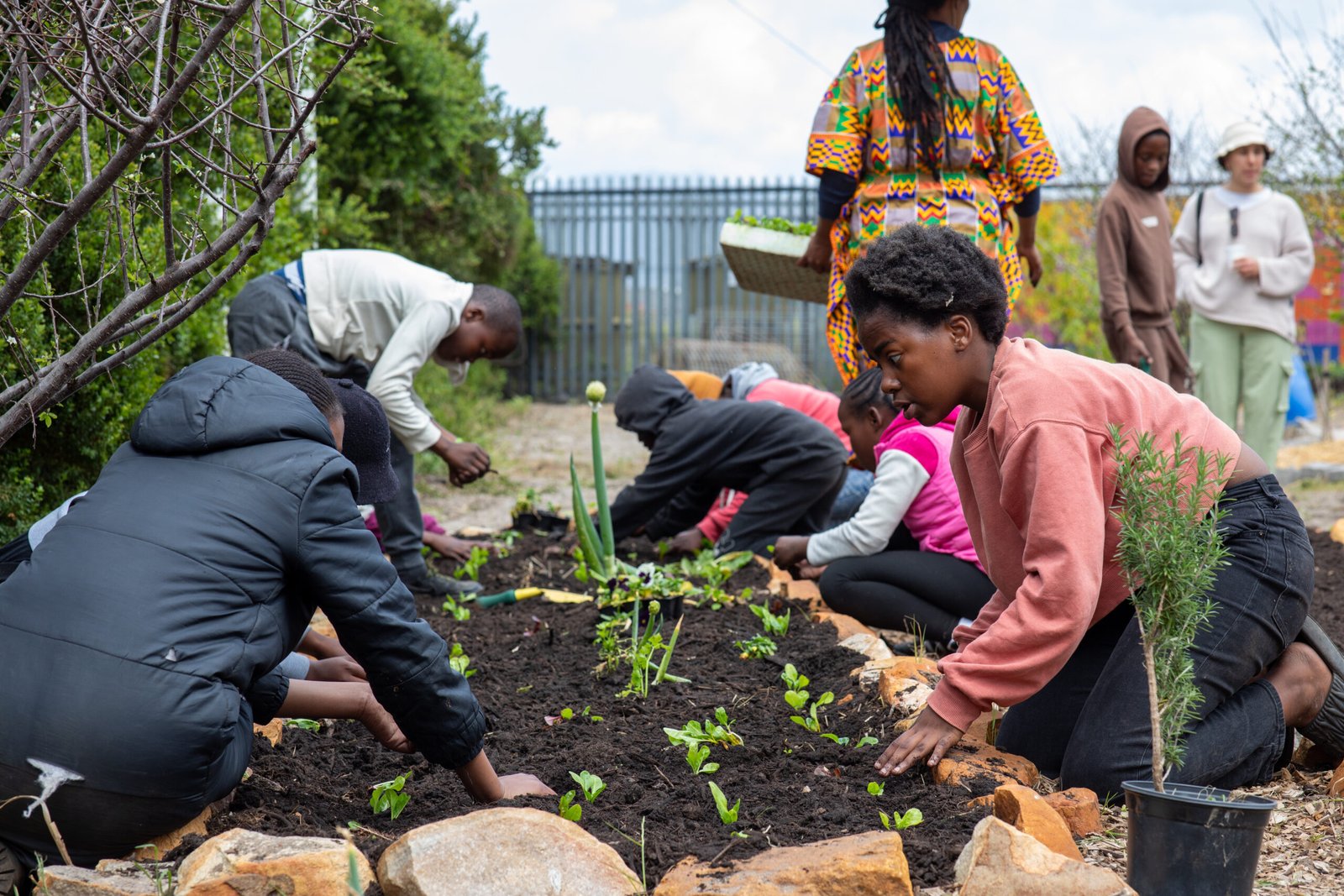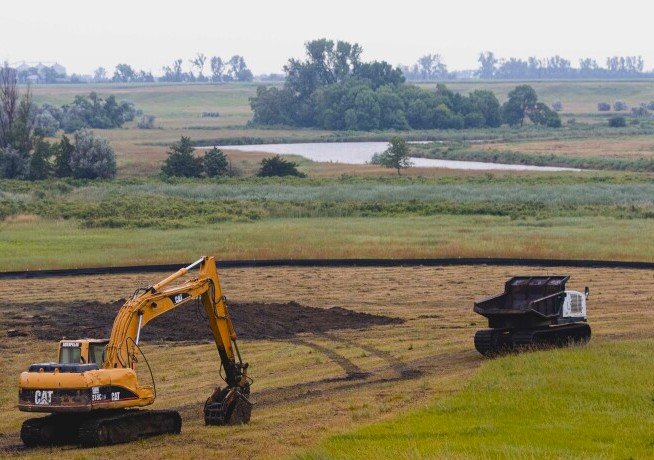A new project aimed at restoring the Miombo woodlands kicked off with inception meetings focused on sustainable forest management in Chipinge, Mudzi, and Rushinga.
Led by the Forestry Commission and supported by the Food and Agriculture Organization of the United Nations (FAO), the initiative seeks to establish collaborative frameworks for effective project execution.
During the meetings, FAO and the Forestry Commission conducted comprehensive assessments with district officials, community leaders, environmental organizations, and industry representatives to evaluate current forest resources and identify local challenges and opportunities.
“These inception meetings are the start of full implementation. Once that is finalized, the project will then be able to start in earnest. This participatory approach will ensure that our implementation strategies are tailored to the unique needs of each district.”
“By collaborating closely with local stakeholders, we can promote long-term sustainability and community ownership of the project,” said Banarbas Mawire, FAO Natural Resources Management Coordinator.
Next steps and community engagement
A pivotal next step discussed was the upcoming baseline survey, which acting Director General of the Forestry Commission, Joyce Gombe, emphasized will refine the project’s work plan. Expected to be completed by the end of March, the survey aims to identify the five thousand targeted beneficiary households.
“The baseline will provide clarity on existing conditions and key players. Continuous engagement with local structures is essential to avoid misunderstandings,” She explained.
Collaboration was a recurring theme, with Rushinga District CEO Jairos Masiye expressing gratitude for the project’s partners and the enthusiasm from the FAO and Forestry Commission.
Mudzi District CEO Victor Nyamutswa reinforced the need for ongoing stakeholder engagement to ensure project success.
Community leaders also stressed the importance of private sector involvement. Rushinga Ward 1 Councilor Peter Kaitano urged, “This should not only involve the government; the private sector needs to be on board.”
Addressing Cross-Border Challenges
The Miombo woodlands span both Mozambique and Zimbabwe, hosting rich biodiversity but facing challenges such as illegal charcoal production and timber harvesting. Chipinge District Development Coordinator William Mashava highlighted the need to address these transboundary issues: “We hope the project will develop joint management strategies and strengthen law enforcement along the borders.”
Cyrian Shamu, representing the Ministry of Environment, Climate and Wildlife, stated, “Our goal is to show that protecting the environment can improve lives. By empowering local communities with alternative livelihoods, we can reduce pressure on the forests.”
With the groundwork established, attendees expressed optimism about the project’s potential impact. As Joyce Gombe concluded, “It was informative and productive, and we look forward to engaging each stakeholder for the project’s success.”

